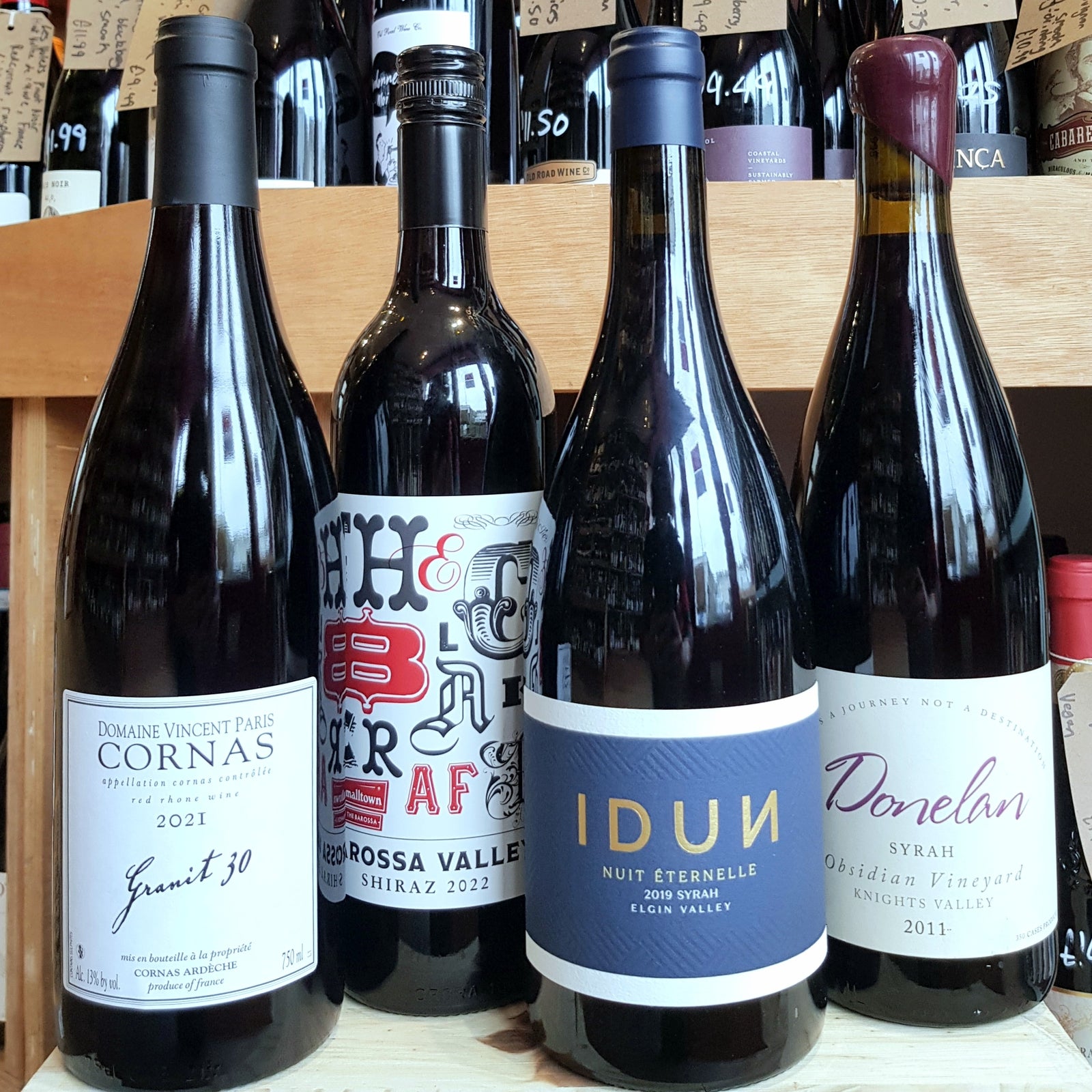
With the sunshine finally out here in Brighton, barbecue season is officially open! And, for my taste, few grapes match with smoky char, spicy marinades and the juice of grilled meats quite like Syrah.
Syrah's origins lie in the east of France, somewhere in the vicinity of the Northern Rhone valley and Ardeche regions. It's parents, Dureza and Mondeuse Blanche, are obscure local grapes, with only the latter still used for wine production in the Alpine Savoie region. The Northern Rhone is still Syrah's premier domain in France, with its most sought after examples coming from dramatic slopes of Hermitage, Cote Rotie and Cornas. Here, Syrah is almost exclusively made as a single varietal wine, with the exception of some wines made with a small addition of (<10%) white Viognier grapes.
Further south in the Rhone, and westward in the Languedoc, Syrah more typically forms part of a blend - with Grenache, Mourvedre, Carignan, Cinsault and others - a style of wine that has travelled to almost every warm climate wine region in the world...more on that later!
You cannot talk about Syrah without mentioning black pepper, its signature note. This flavour comes from a compound called rotundone is found in black pepper, rosemary, thyme and basil. Rotundone develops in the grapes as they ripen, particularly when they have a long, slow growing season, meaning typically more peppery Syrah comes from cooler regions. Outside of the pepper notes, Syrah can express a wide range of red, black or blue fruits, floral notes like violet and geranium, stony, tarry or smoky minerality and some meaty or gamey aromas.

Domaine Vincent Paris Cornas Granit 30 - £35 Sustainable
Vincent Paris farms 10 hectares of vines on the steep, rugged granite hillsides of Cornas. The grade of slopes makes it impossible to use tractors on most of his plots, necessitating painstaking manual work to maintain the vines. Perfect ripeness with balance is the aim, achieved through severe pruning, leaf stripping around the bunches and removing bunches early in the season to reduce yield.
Granit 30 is a wine made from younger vines, intended to be a more approachable style of Cornas (the big old-fashioned wines could be extremely tough in youth, requiring 10+ years in the cellar to soften up). The 30 in the name refers to the 30% gradient of the vineyard. The grapes are fully destemmed, fermented with native yeasts in wooden vats and then aged in used oak barrels for a year before bottling - Paris doesn't like to use new oak, believing the oak flavour masks the terroir of the wine.
Aromatically it is classic Northern Rhone - black pepper, olive tapenade, rosemary and roasted earth accompanying vivid and ripe blackberry and raspberry fruit. Bold and robust on the palate, with a satisfying richness, dense earthy fruit and a touch of iron-like minerality. Ready to drink now but Paris suggests it can age up to 15 years if desired. Put this on the table with some juicy grilled lamb chops or marinated portobello mushrooms and you will have some very happy dinner guests!
Australia - Shiraz
Shiraz and Syrah are the same grape under different names - when European settlers took grapevines to Australia in the mid 1800s, Syrah was among those taken. The name Shiraz is simply a corruption of the word, one of many that have been used over the years (Serine, Sirac etc). There are fanciful stories connecting it to the city of Shiraz in Iran but no beyond being namesakes there is no evidence for this.
Shiraz is grown all over Australia, from Margaret River on the west coast to Hunter Valley in the east. However its heart, and most iconic styles, are found in South Australia's Barossa Valley and McLaren Vale regions. A typical Australian Shiraz is fuller in body, with ripe, sometimes confected, black fruit flavours owing to the warmer climate. In the past a lot of heavy new oak, often American, was used on Australian Shiraz, giving sweet chocolate and vanilla notes, but many producers have pulled back in recent years, allowing the fruit to show through better.
Some of the finest Shiraz in Australia owe their depth and concentration to some of the oldest vines in the world, as much of the country avoided the phylloxera plague that wiped out much of the world's vineyards in the late 19th century, surviving vineyards up to 150 years old are still in production. From among these we have a few bottles of the rare and extraordinary Henschke Mount Edelstone 2015 (£136.99) produced from a vineyard planted in 1912 in the Eden Valley - complex, deep and sumptuous, it is truly one of Australia's icon wines.

Smalltown Vineyards The Black Craft Shiraz, Barossa Valley 2022 - £15.50
Smalltown Vineyards is a project bringing together some of South Australia's most experienced winemakers: Tom White, making wine since 2002, is the main man running the show with siblings Rolf Binder Jr and Christa Deans bringing their combined 50 years of winemaking knowledge to the cellar. They work with a number of growers around the Barossa, picking and choosing excellent parcels of fruit to vinify.
The Black Craft Shiraz comes from select vineyards in the Northern Barossa Valley, fermented spontaneously in open fermenters and aged in a mix of American and French oak barrels (30% new oak). The resulting wine is rich and chocolatey, full-bodied and packed with chewy damson and black cherry fruit. The powerful finish brings more savoury cocoa and pepper notes.
Rest of the World
Thanks to its ability to adapt to a variety of different climates and soils, great Syrah can be found in in countries from Lebanon to Chile to New Zealand. I say Syrah here as generally most places use the French name, aside from in South Africa where they use a mix of the two depending on the style favoured by the producer.

Idun Nuit Eternelle Syrah, Elgin 2019 - £24.50
Named after the Norse goddess whose magical golden apples keep all of the gods eternally young, Idun is the winery of Danish-French couple Joanne and Albert Rousset, in South Africa's idyllic Elgin valley. A cool region just a few kilometres from the Atlantic ocean, it is brilliantly suited to the production of Syrah in a refined, silky and peppery style.
Handpicked from 3 small vineyards in the Elgin valley, 60% destemmed and 40% fermented with whole bunches, all without the addition of yeast. Refinement of 16 months in 30% new French oak has contributed to the divine texture of this wine.
Black olive and white pepper come through first on the nose, with wisps of florals and sublime red berry fruit character. Silky tannins, almost Pinot Noir-esque, but with unmistakeable Syrah power behind them. Long and moreish, with plenty of red and black fruit lingering into the finish. Makes for delightful drinking on its own or with duck breast or smoky ribs.

Donelan Obsidian Vineyard Syrah, Knight's Valley 2011 - £130
Syrah excels all along America's west coast, varying in style with the different climates to be found. In California's Sonoma County, Donelan make powerful but refined Syrah with more than a hint of Hermitage to them from a number of special vineyards.
The Obsidian Vineyard is their own site, located in Knight's Valley at the east of Sonoma County underneath the Mayacamas mountains. It takes its name from the layer of volcanic obsidian found in the bedrock when they drilled for water in the hillside. They harvest the vineyard in three sections based on the aspect of the slope, vinify them separately and blend together after ageing to achieve the desired balance of characteristics. Around 20% is fermented as whole clusters and the wine is matured for 22 months in 40% new oak.
Complex, punchy and exceptionally long, the 2011 vintage is now reaching the height of its massive potential. Cinnamon, leather, fig, blueberry, dark chocolate and more all combine in a whirlwind of intensity and flavour. Broad and structural, with ripe tannins now softened from cellaring and the punchy black fruit on the palate mingles with peppery grilled meat notes on the decadent finish. A true rarity in the UK, especially for a mature bottle, and a wine to savour with good company over the course of an evening as it shifts and changes in the glass.


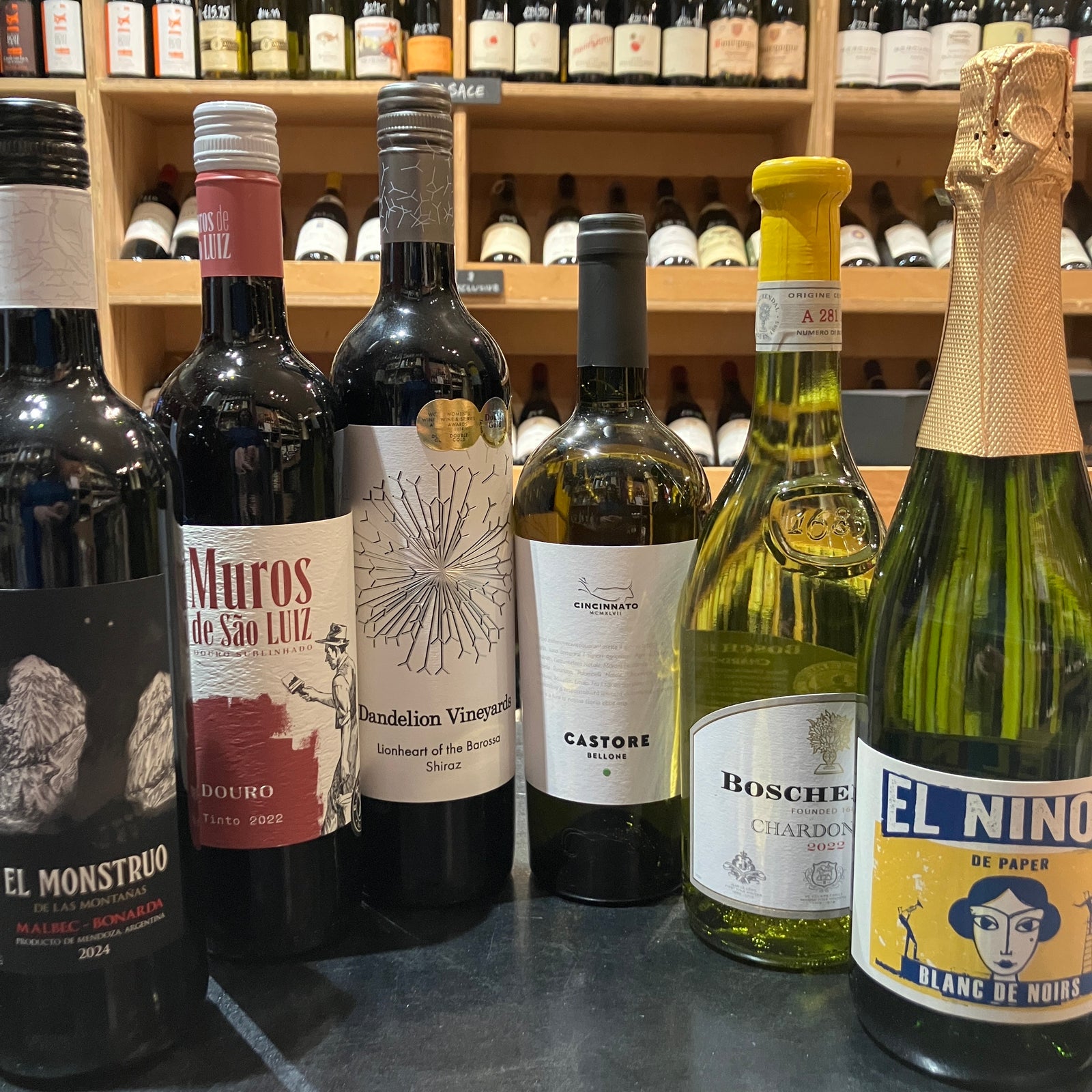
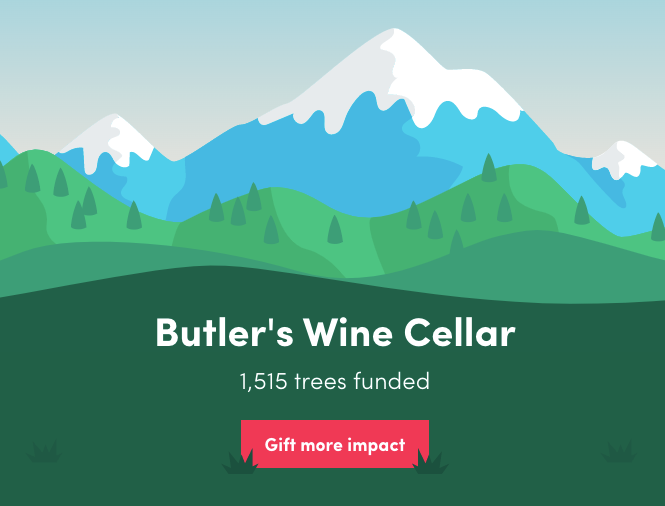

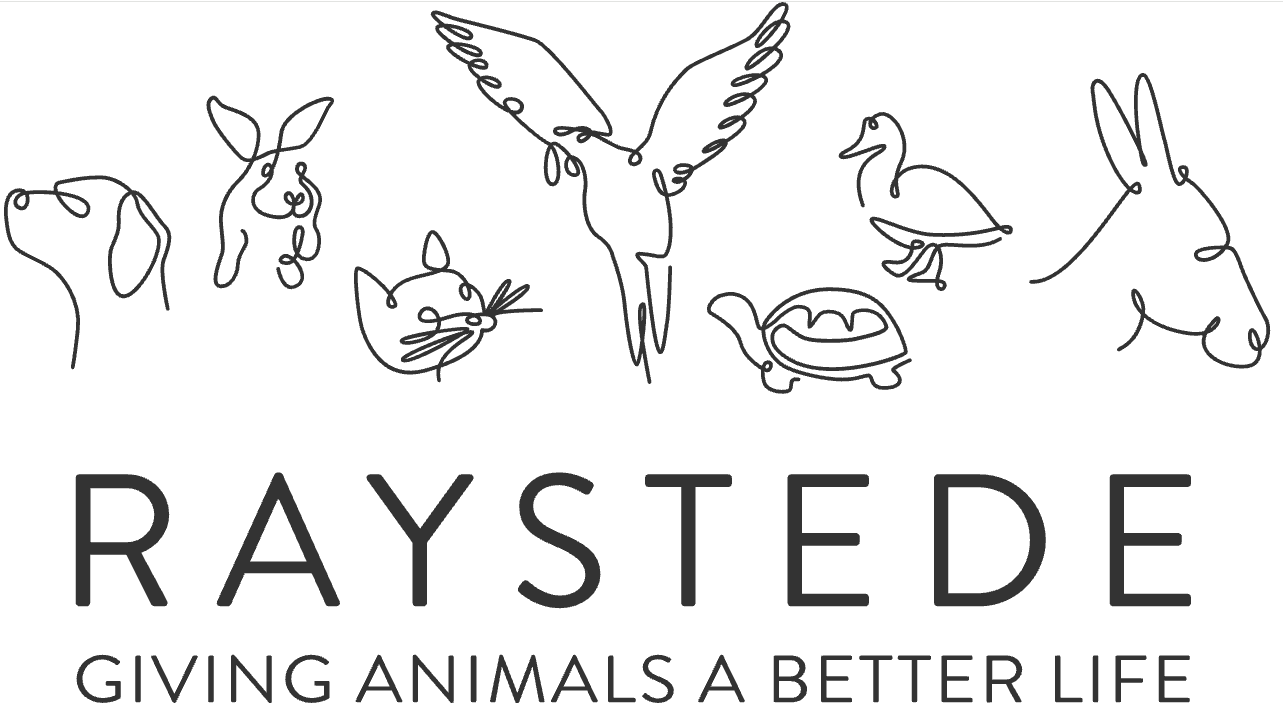
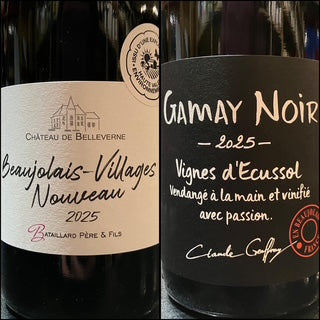
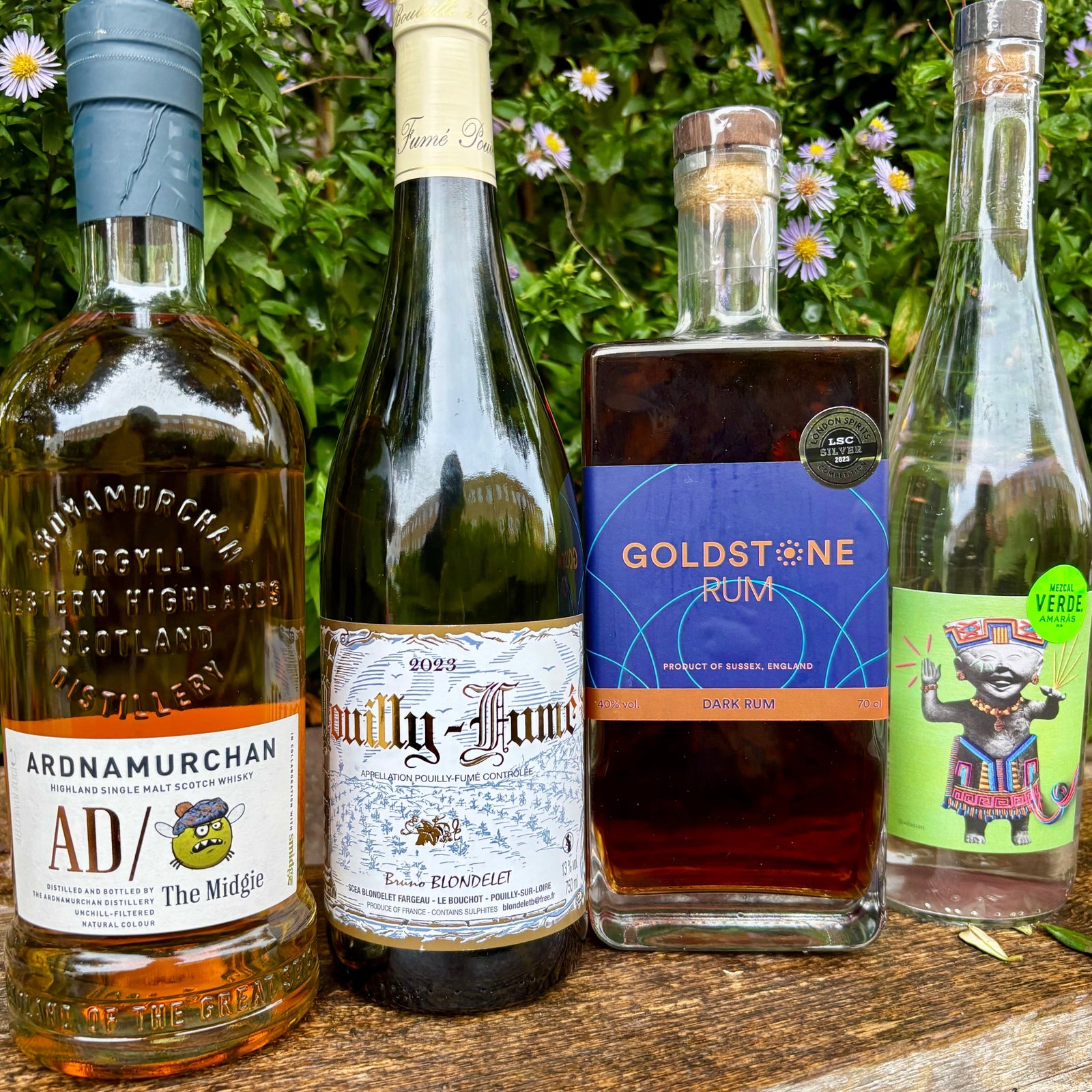
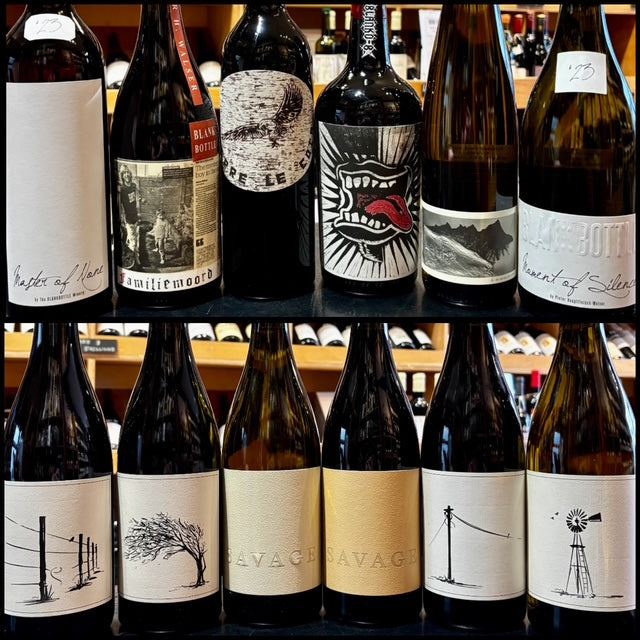
Leave a comment (all fields required)